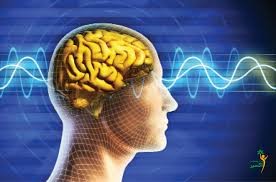Aggression usually refers to behavior that is intended to harm (physically or verbally) another person or destroy people’s property. The main word in this definition is intention. If someone accidentally kicks your leg in a crowded elevator and immediately apologizes, you are unlikely to label it as aggressive behavior. But if you are studying at your desk and someone comes to you and puts his foot on your leg, you may be very angry with this hostile behavior.
However, even intentional acts of aggression may have a purpose other than harm. Power, wealth and status are among the goals that can be achieved by resorting to aggression.
Some psychologists distinguish between hostile aggression, which is done only with the intention of harm, and instrumental aggression, which is aimed at obtaining rewards rather than harming others.






